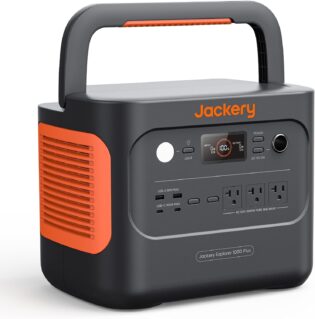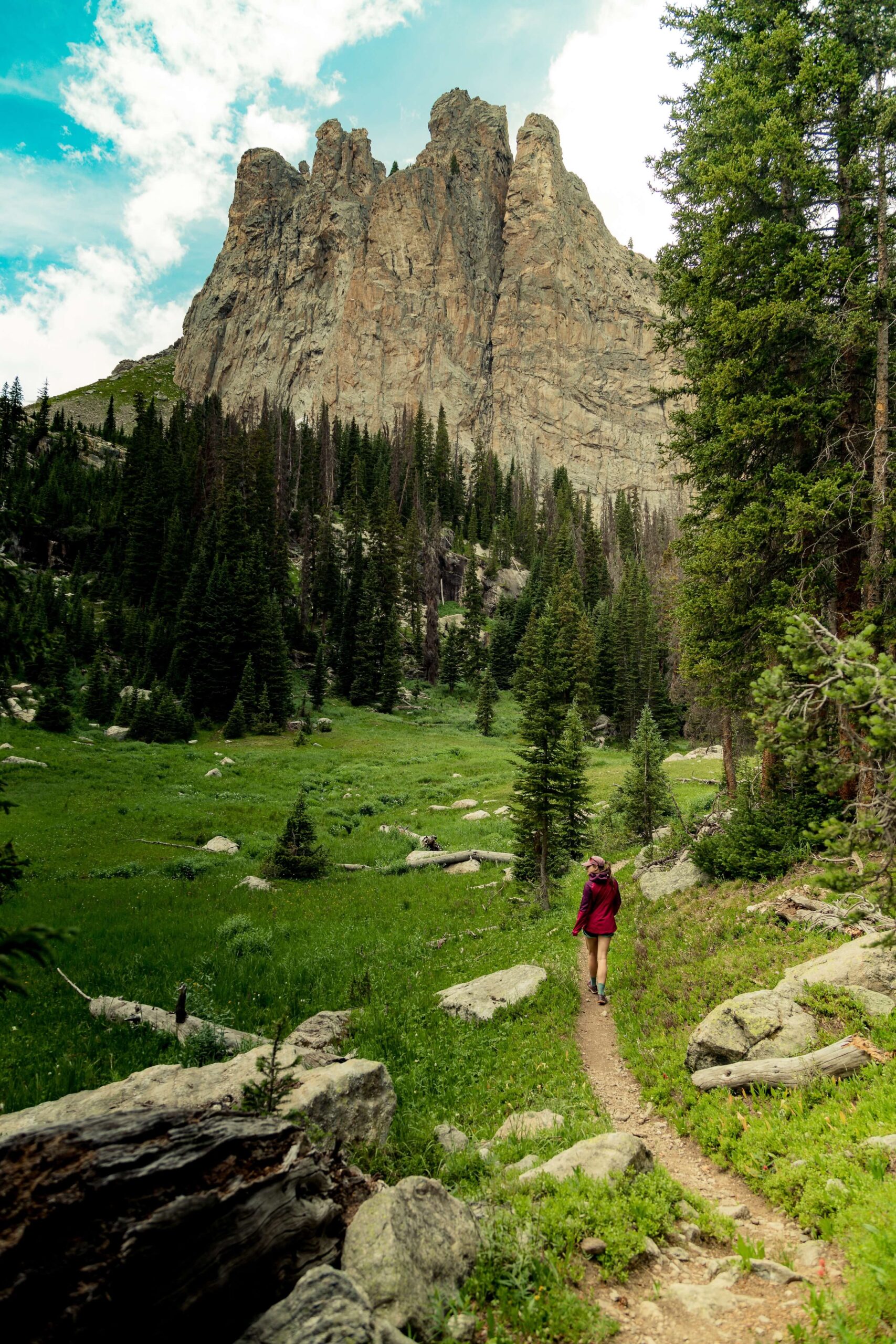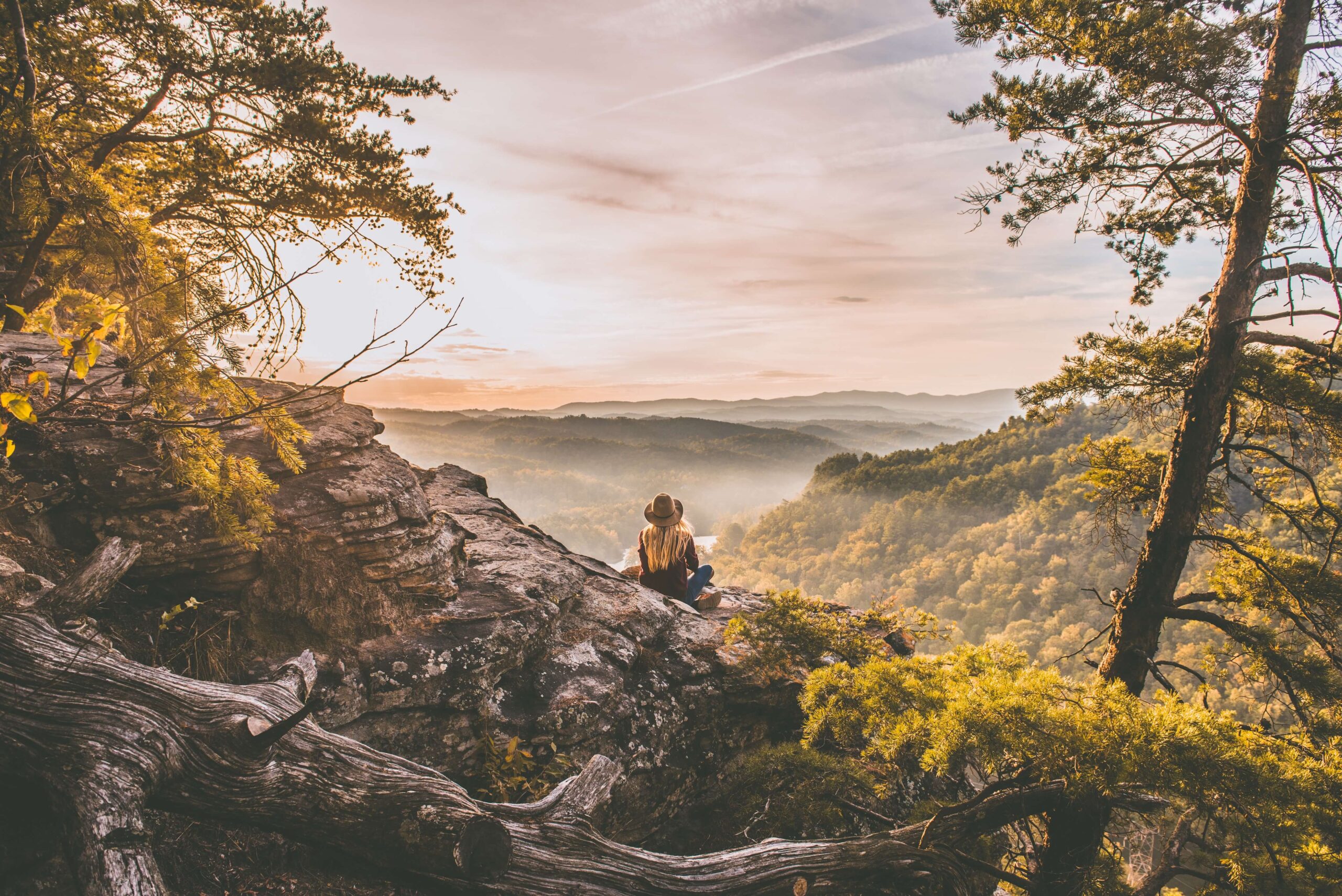
Welcome to the world of off-grid living, a lifestyle choice that’s gaining momentum among women seeking a more sustainable, independent, and fulfilling way of life. But what exactly does it mean to live off-grid? Let’s dive into the definition, significance, and various facets of this increasingly popular way of life.
reviewed
New Nightwear Styles For Autumn
Choosing the right types of nightwear will make your sleep experience more relaxed. Open your closet and make a special room for all the different types of nightwear that deserve that space.
-

COSORI Food Dehydrator
$159.99
The Definition: Embracing Self-Sufficiency
At its core, off-grid living means residing in a location that is not connected to the main power grid, water supply, or sewer system. This lifestyle embraces self-sufficiency, encouraging individuals to generate their own power, source water, and manage waste independently. It’s about disconnecting from municipal services and, in many cases, adopting a minimalist approach to life.

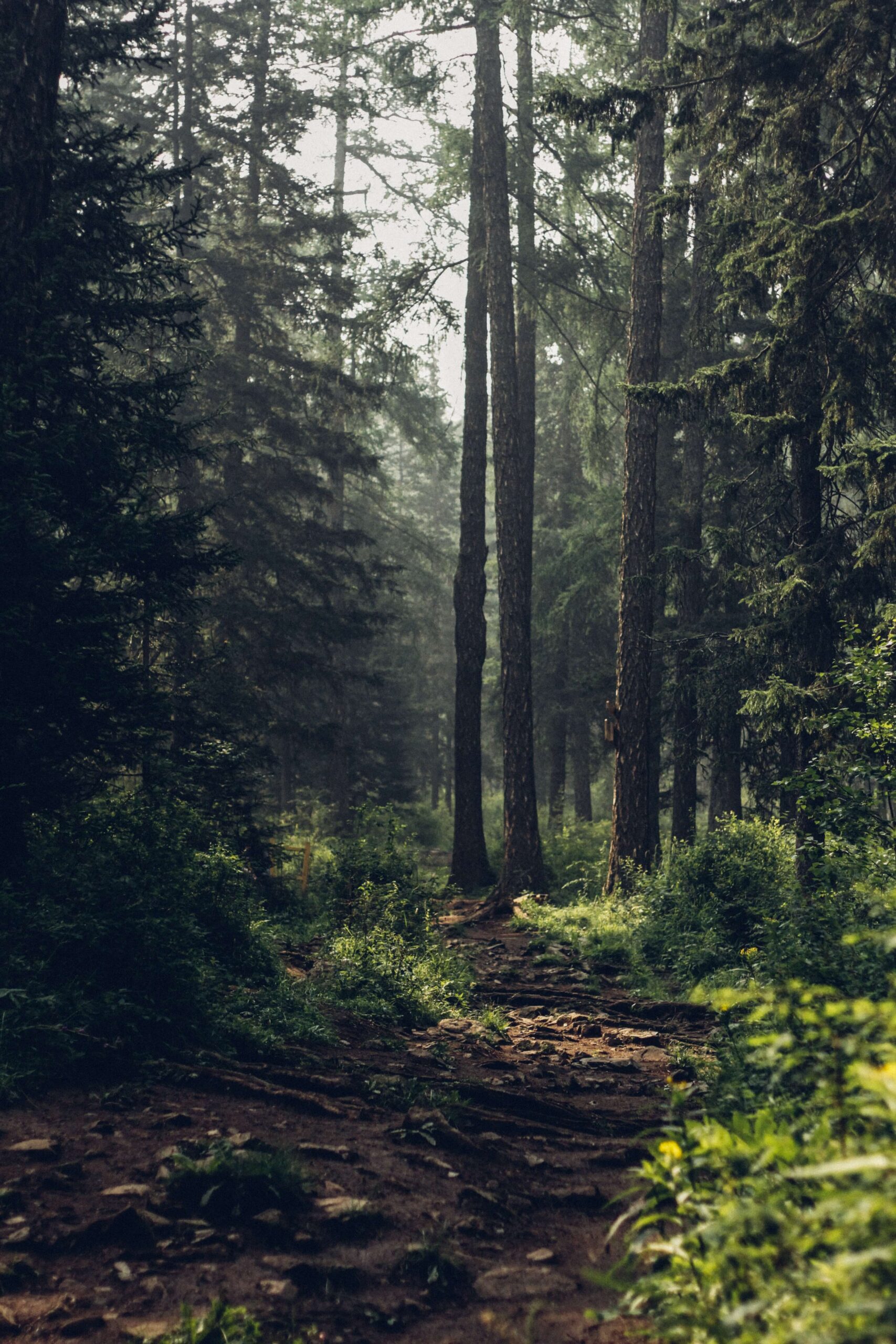
The Meaning: A Deeper Connection
Off-grid living is more than just a physical disconnect from urban utilities; it represents a deeper philosophical and emotional shift. For many women, it’s about forging a closer connection with nature, reducing their environmental footprint, and prioritizing a simpler, more intentional way of life. It’s a journey towards self-reliance and resilience, fostering a sense of empowerment and independence.
"Off grid living is a journey towards self-reliance and resilience, fostering a sense of empowerment and independence."
The Aspects: A Multifaceted Approach
1. Power and Energy Solutions
Off-grid homes often utilize renewable energy sources like solar panels, wind turbines, or hydroelectric systems. This shift not only reduces reliance on fossil fuels but also encourages a more mindful consumption of energy.
2. Water Sourcing and Management
Water is a crucial element of off-grid living. Rainwater harvesting, wells, and springs become vital sources, coupled with efficient usage and conservation practices. Purification and filtration systems ensure safe and sustainable water usage.
3. Waste Management
Sustainable waste disposal is paramount. Composting toilets, greywater systems, and compost heaps are common, turning waste into resources and minimizing environmental impact.
4. Food Self-Sufficiency
Growing your own food through gardening, permaculture, and livestock farming is a significant aspect of off-grid living. It’s about creating a sustainable food system right in your backyard.
5. Shelter and Housing
Off-grid homes range from traditional houses to tiny homes, yurts, or even converted vehicles. These homes are often designed with sustainability in mind, using eco-friendly materials and designs that optimize energy efficiency.
6. Community and Networking
Living off-grid doesn’t mean isolation. Building a community network is essential for support, trade, and shared knowledge. Many off-grid women find strength in these communities, sharing experiences and skills.
7. Technology and Connectivity
While off-grid living might seem to reject modern technology, it actually incorporates tech in a mindful way. Satellite internet, GPS for navigation, and even online platforms for learning and connecting with others are part of many off-gridders’ lives.
8. Health and Wellness
This lifestyle often leads to a healthier way of living, with increased physical activity, organic food, and a stress-reducing connection to nature. Herbal remedies, natural health care practices, and a focus on mental well-being are integral.
9. Financial Aspects
Off-grid living can be a financially liberating experience. While the initial setup can be costly, the long-term savings from growing your own food and generating your own power are substantial.
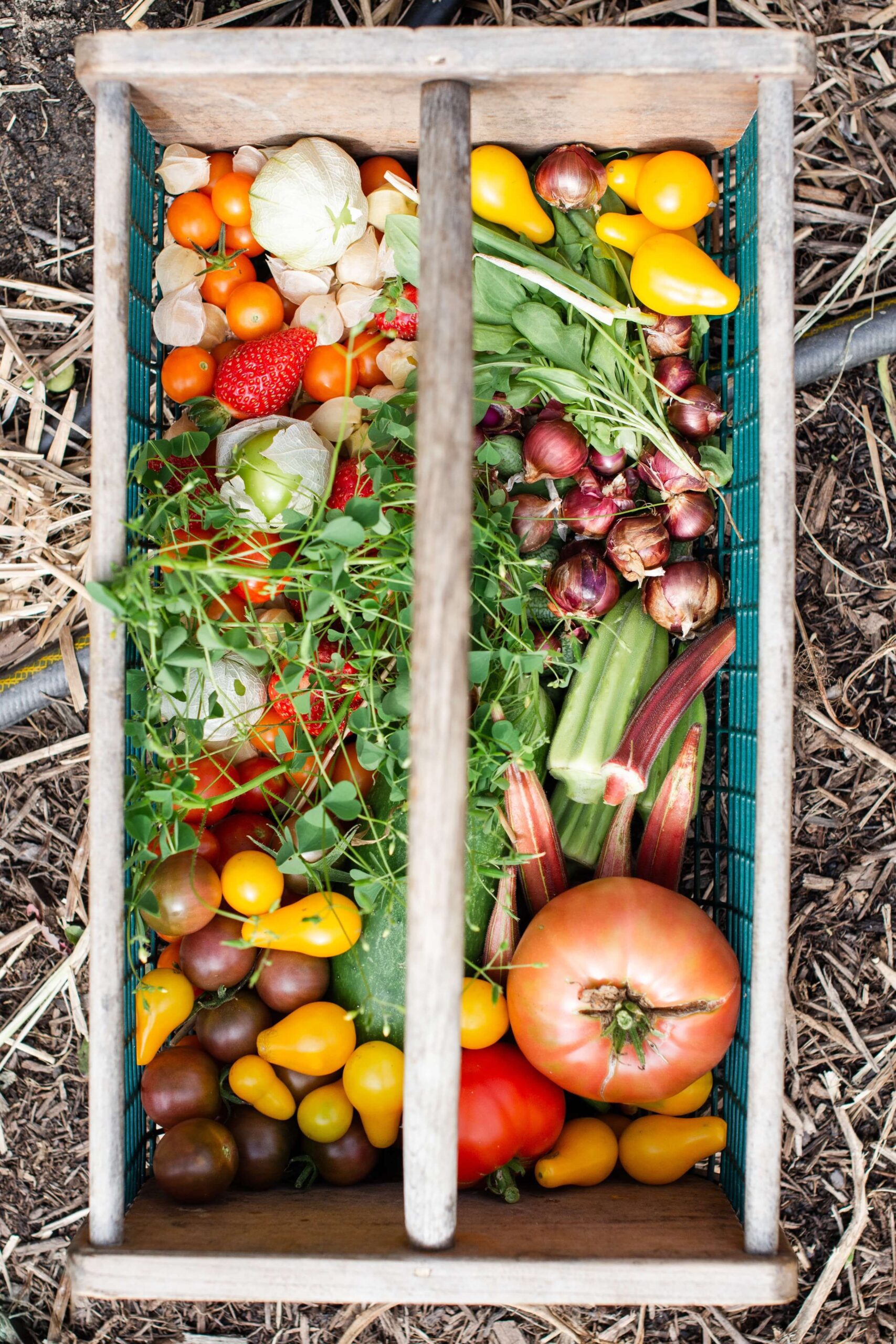
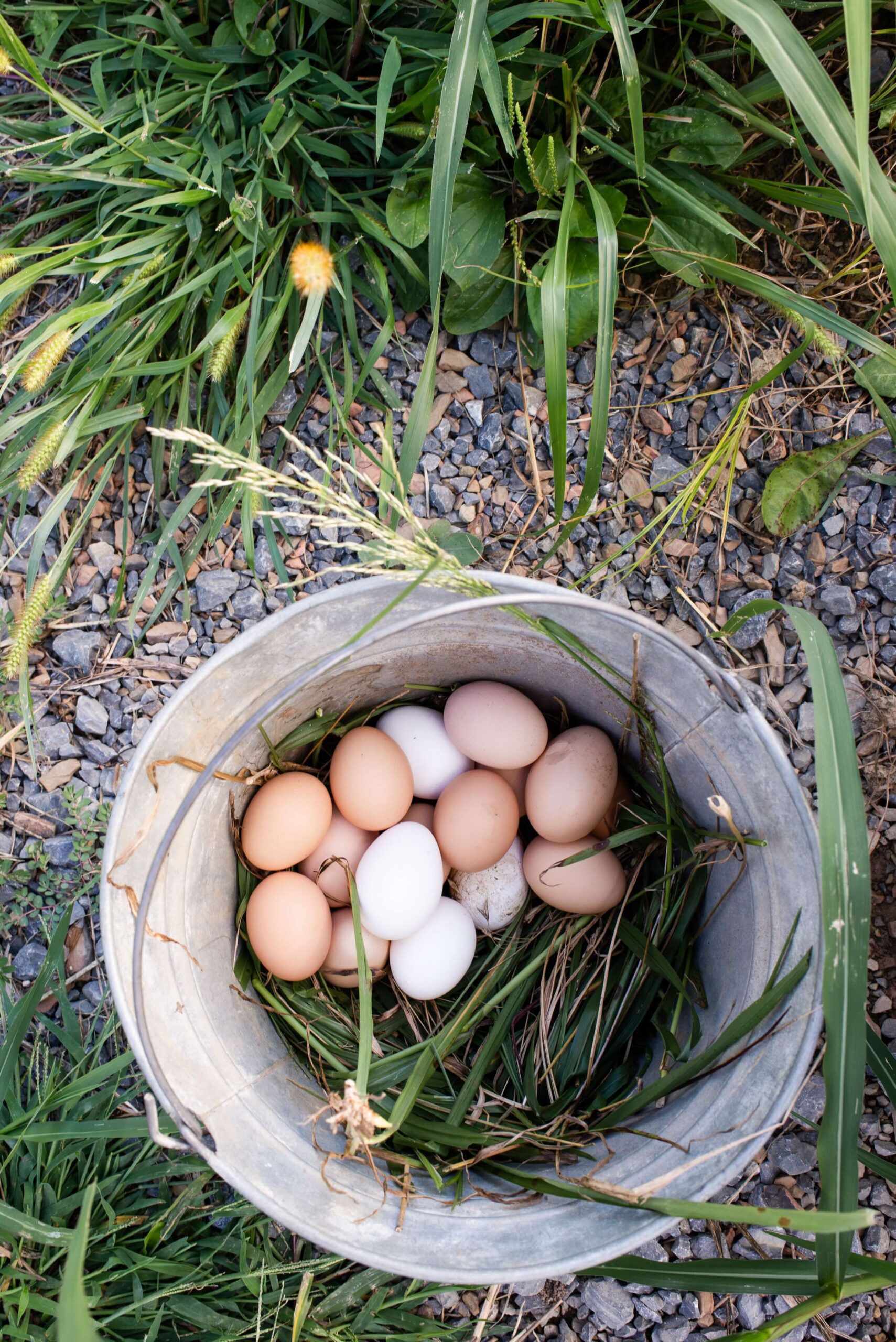
A Journey of Empowerment
Off-grid living is more than just a choice of residence; it’s a transformative journey towards self-reliance, environmental stewardship, and personal growth. For women, especially, it offers an empowering path to redefine their relationship with nature, technology, and their community. Whether you’re drawn to off-grid living for its sustainability, simplicity, or the challenge of self-sufficiency, it’s a journey that promises a richer, more mindful way of life.
- TAGS ― Featured, Home-Influencer

Is It Legal to Live Off the Grid in the United States?
or many, the dream of living off the grid – a lifestyle free from the dependency on public utilities and the hustle of modern city life – is appealing. This way of life not only fosters self-reliance and sustainability but also connects one deeply with nature. However, an important question arises for those considering this path in the United States: Is it legal to live off the grid?

Do You Have to Pay Taxes If You Live Off the Grid?
Venturing into the world of off-grid living is an exciting journey, full of possibilities and a closer connection to nature. It’s a lifestyle embraced by many women seeking independence, sustainability, and a simpler way of life.

